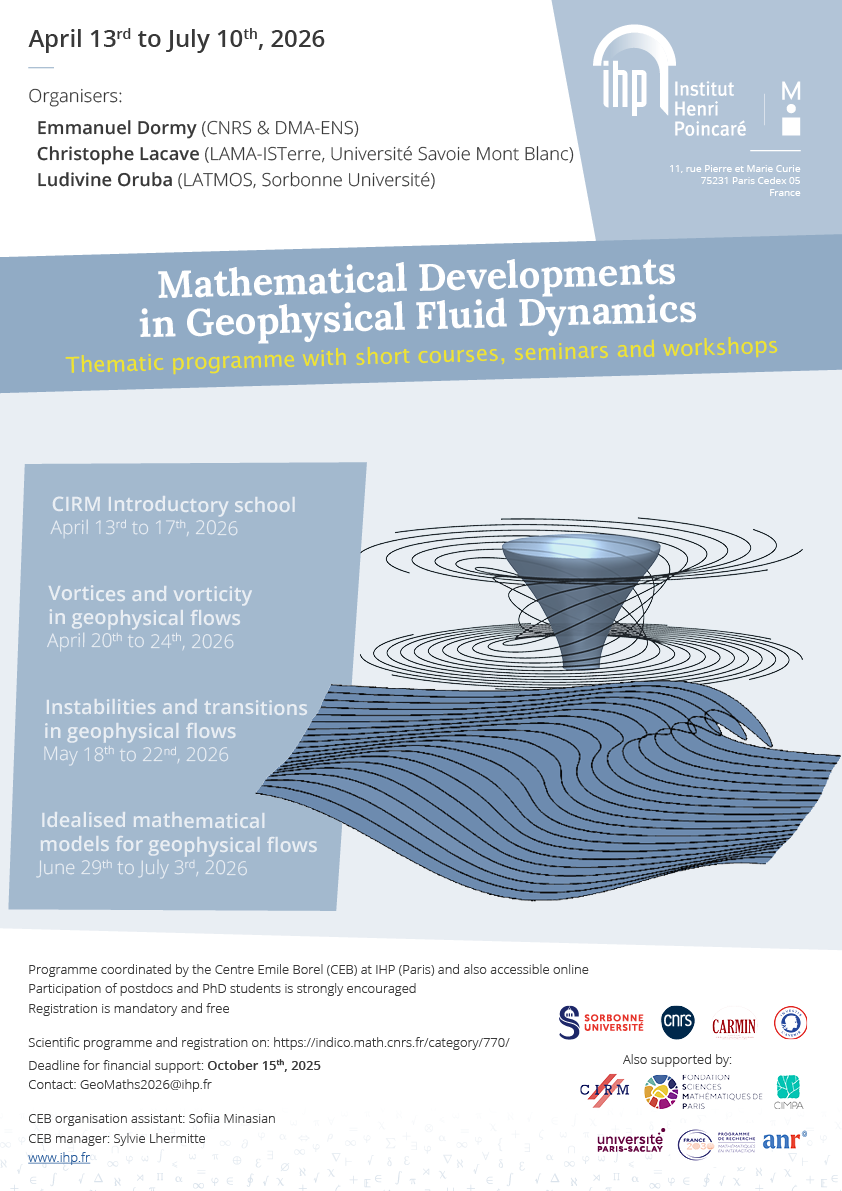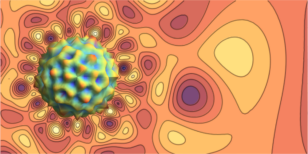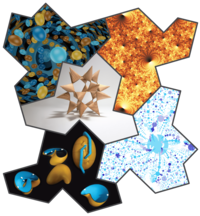Diophantine Geometry
Date: 17 January - 26 May 2023
Location: MSRI
Event type: Extended Format
Organisers: Jennifer Balakrishnan (BU), Mirela Ciperiani (Texas, Austin), Philipp Habegger (Basel), Wei Ho (Michigan), Hector Pasten (PUC de Chile), Yunqing Tang (Princeton), Shou-Wu Zhang (Princeton)
Number Theory concerns the study of properties of the integers, rational numbers, and other structures that share similar features. It is a central branch of mathematics with a well-known feature: it is often the case that easy-to-state problems in number theory turn out to be exceedingly difficult (e.g. Fermat’s Last Theorem), and their study leads to groundbreaking discoveries in other fields of mathematics.
A fundamental theme in number theory concerns the study of integer and rational solutions to Diophantine equations. This topic originated at least 3,700 years ago (as documented in babylonian clay tablets) and it has evolved into the highly sophisticated field of Diophantine Geometry. There are deep and fruitful interactions between Diophantine Geometry and seemingly distant fields such as representation theory, algebraic geometry, topology, complex analysis, and mathematical logic, to mention a few. In recent years, these connections have led to a large number of new results and, specially, to the partial or complete resolution of important conjectures in the field.
While the study of rational solutions of diophantine equations initiated thousands of years ago, our knowledge on this subject has dramatically improved in recent years. Especially, we have witnessed spectacular progress in aspects such as height formulas and height bounds for algebraic points, automorphic methods, unlikely intersection problems, and non-abelian and p-adic approaches to algebraic degeneracy of rational points. All these groundbreaking advances in the study of rational and algebraic points in varieties will be the central theme of the semester program “Diophantine Geometry” at MSRI. The main purpose of this program is to bring together experts as well as enthusiastic young researchers to learn from each other, to initiate and continue collaborations, to update on recent breakthroughs, and to further advance the field by making progress on fundamental open problems and by developing further connections with other branches of mathematics.
Professor Mark Kisin (Harvard) has been appointed at a Clay Senior Scholar to participate in this program.
CMI Enhancement and Partnership Program
Related events
See all events
Mathematical Developments in Geophysical Fluid Dynamics
Institut Henri Poincaré

Geometric Spectral Theory and Applications
Isaac Newton Institute

Illustration as a Mathematical Research Technique
Institut Henri Poincaré

Mathematical Developments in Geophysical Fluid Dynamics
Institute Henri Poincaré